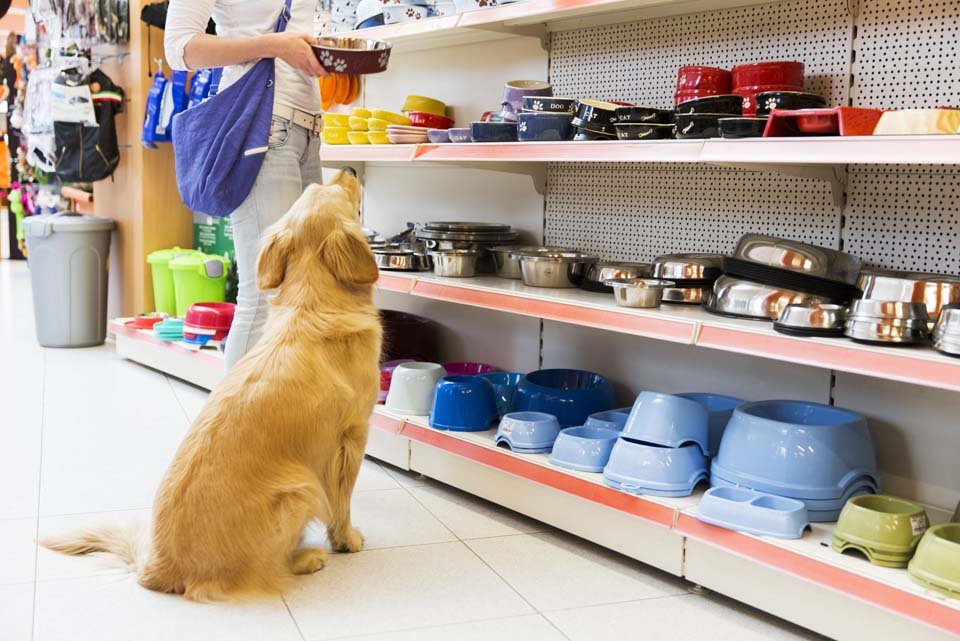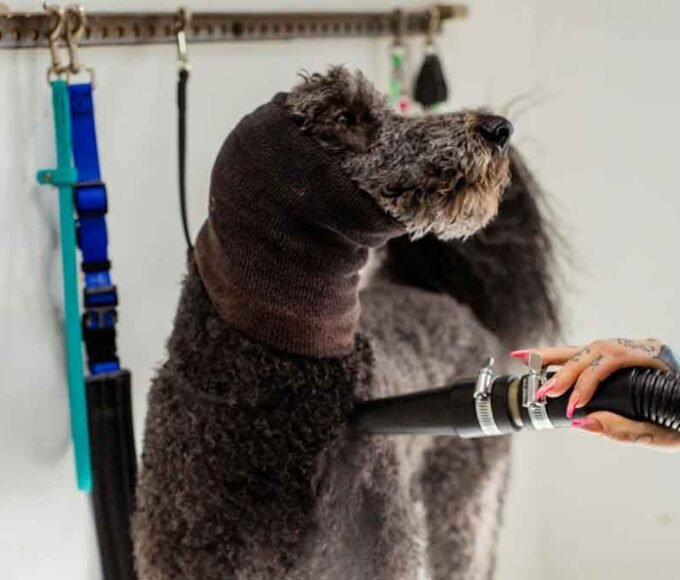Pet stores are not just places to purchase pet supplies; they’re hubs for animal lovers, offering a diverse array of products and services for pets and their owners. As an aspiring entrepreneur venturing into the pet industry, opening a pet store can be a fulfilling and lucrative endeavor. Understanding the critical aspects and considerations involved in setting up such a business is crucial for success. Here is an in-depth handbook for navigating the intricacies of setting up a pet store.
Market Research and Planning
Thorough market research entails exploring multiple facets of the pet industry. Examining trends in pet ownership, such as the types of pets most commonly owned and their specific needs, can provide valuable insights. Identifying the purchasing behaviors of pet owners, whether they prioritize premium products or seek affordability, aids in tailoring your inventory.
Moreover, studying the competition goes beyond merely recognizing existing pet stores. Understanding their strengths, weaknesses, unique selling propositions, and customer feedback allows you to carve out your niche effectively. This data aids in formulating tactics to distinguish your products and deliver enhanced value to clientele.
Legal and Regulatory Requirements
Adhering to legal and regulatory standards is fundamental for the longevity and success of your pet store. Acquiring the necessary licenses and permits, which may differ by location, is essential. These may include business operation licenses, permits for selling specific pet products, and health department clearances, among others.
Engaging a legal advisor can be immensely helpful in navigating the intricate realm of legal obligations. A legal expert specializing in business regulations or pet-related laws can ensure your business is fully compliant, minimizing the risk of fines, penalties, or legal disputes that may arise from non-compliance. Remember, staying abreast of any updates or changes in regulations is equally crucial to maintaining compliance throughout your business operations.
Location and Store Setup
Selecting an optimal location for your pet store franchise goes beyond mere foot traffic and accessibility. It demands a thorough understanding of the area’s demographics, considering factors such as population density and the presence of pet owners. Proximity to veterinary clinics, dog parks, or pet-friendly communities can substantially impact your store’s visibility and customer base.
Moreover, the size and layout of the store space are pivotal. Crafting an inviting and functional layout requires meticulous planning. Ensure the layout accommodates diverse product categories, potential grooming stations, and space for hosting pet-related events or workshops. An organized and visually appealing layout not only enhances the customer experience but also encourages extended visits, fostering repeat business.
Product Selection and Suppliers
Expanding your product inventory necessitates a thorough grasp of the needs and preferences of your target market. Stocking a wide range of pet food, considering various dietary requirements and preferences, caters to the diverse needs of pet owners. Alongside food, offering a selection of accessories, such as leashes, collars, beds, and crates, provides customers with comprehensive choices for their pets.
Toys and enrichment products tailored to different pet species and sizes enhance the shopping experience and allow pet owners to engage their furry companions actively. Moreover, including grooming supplies like shampoos, brushes, and other care products adds value to your store, particularly for pet owners who prioritize grooming their pets at home.
Staffing and Customer Service
Recruiting a team that aligns with your pet store’s ethos is pivotal. Seek individuals passionate about animals and enthusiastic about offering exceptional customer experiences. Look for candidates with a strong background in pet care, whether through professional experience or personal endeavors, as their expertise can add immense value to customer interactions.
Providing comprehensive training to your staff is crucial. Educate them not only on the range of products available but also on pet care best practices. Equip them with knowledge about different pet species, their specific needs, and how various products cater to those needs. This understanding enables your staff to provide tailored suggestions and guidance to customers, enriching their overall shopping journey.
Conclusion
Establishing a pet store involves a meticulous blend of passion, business acumen, and dedication. Your dedication to quality products, outstanding service, and a pet-friendly environment will be the bedrock of success in this lively industry. Remember, navigating the complexities of starting a pet store requires diligence, but the rewards of serving the pet-loving community can be immeasurable.
















